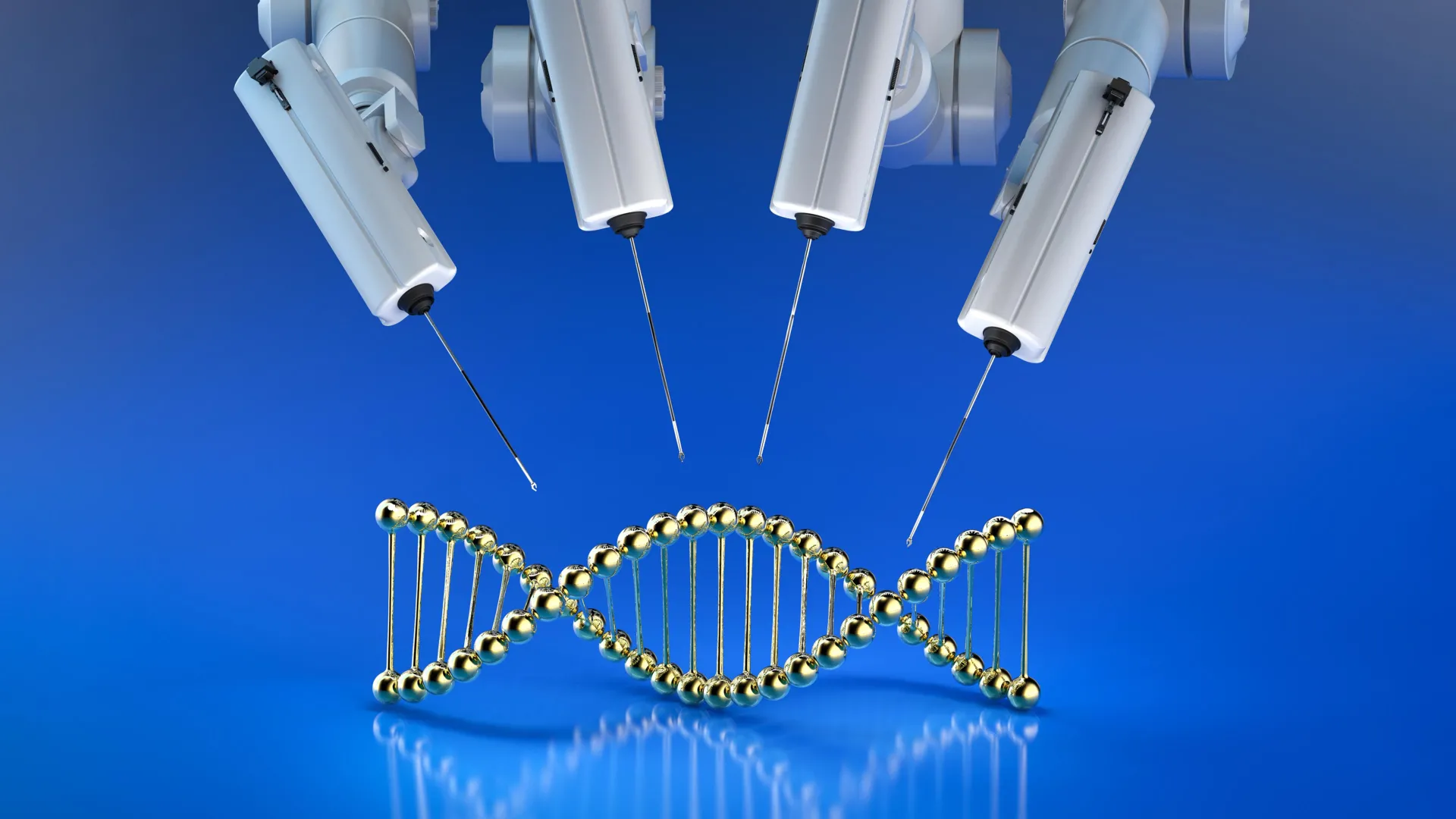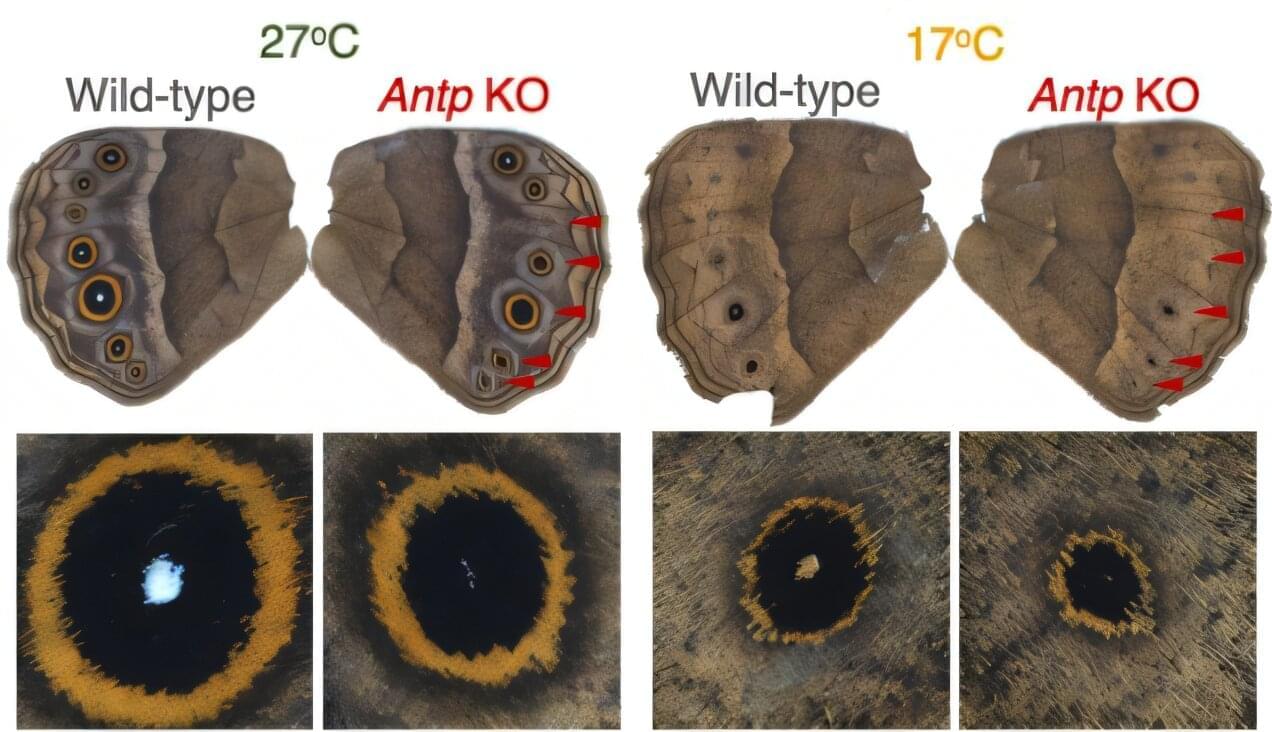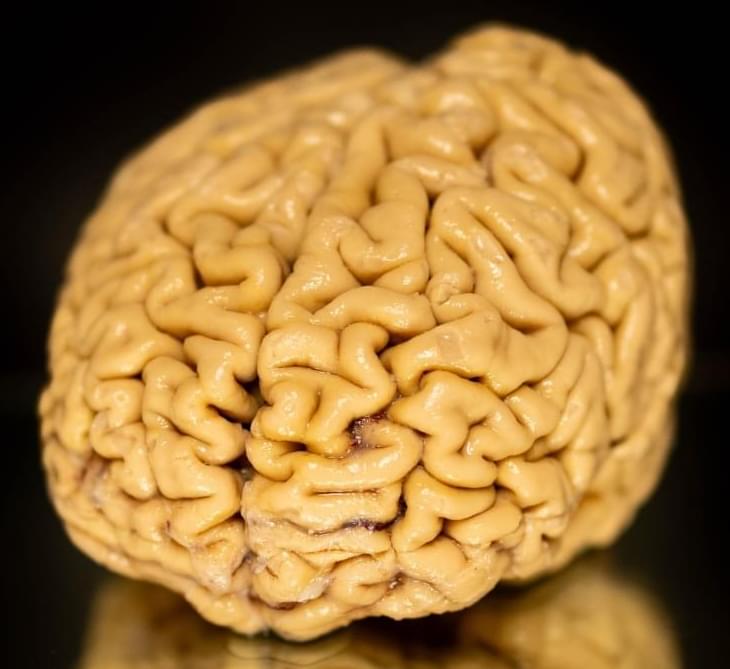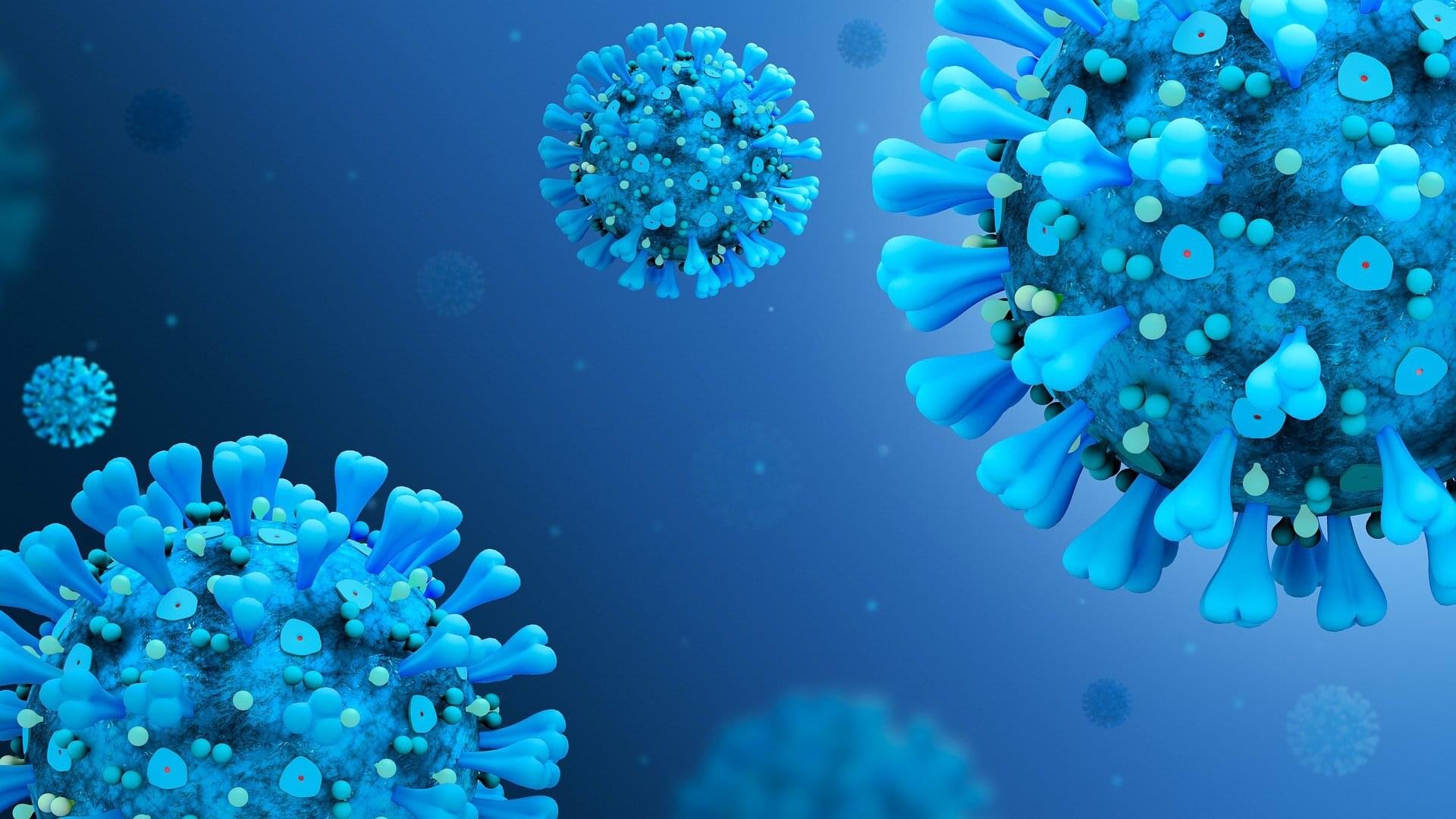Metabolism guides the activation states of regulatory T cells, the immune cells that prevent inappropriate activation of the immune system. St. Jude Children’s Research Hospital scientists recently uncovered how mitochondria, the powerhouse of cells, and lysosomes, cellular recycling systems, work together to activate and deactivate these immune controllers. Their discoveries carry implications from understanding autoimmune and inflammatory diseases to improving immunotherapy for cancer. The findings were published today in Science Immunology.
When the immune system identifies and responds to a threat, it creates inflammation to combat the problem. A subset of immune cells, called regulatory T cells, also become activated and ensure that the inflammation is properly controlled. They return a tissue to normal once the threat is neutralized. Regulatory T cells play such an important role that the 2025 Nobel Prize in Physiology or Medicine was awarded in recognition of their original discovery.
When regulatory T cells don’t function properly, people can develop tissue damage from uncontrolled inflammation or autoimmune disorders due to the immune system being inappropriately activated. Despite their importance, the precise molecular process driving regulatory T cell activation has been unclear. This limits the capacity to harness these cells to treat autoimmune or inflammatory disorders.








